Let’s critically look within and take responsibility, instead of always pointing the finger at children! We are the leading role models for our vulnerable and developing children. Why is it that we are all so quick to point the finger aghast at children being bullied at school and in the playground?
Reading some of the articles and websites on bullying, I’ve seen statistics point to anywhere from 31% to 40% of adults experiencing bullying, whereas, around 30% for children. Here is a great blog about adult bully behaviour. It is interesting that adults are so consumed with identifying childhood bullying, but it appears that adults are experiencing just as much, if not more, than children. In addition, if we are championing so hard to eradicate bullying, why are we not pushing harder to change attitudes and behaviour amongst the older population that is supposed to know better?
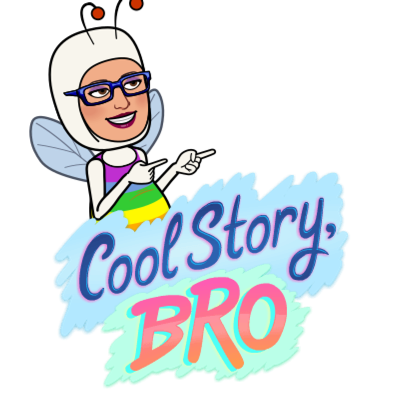
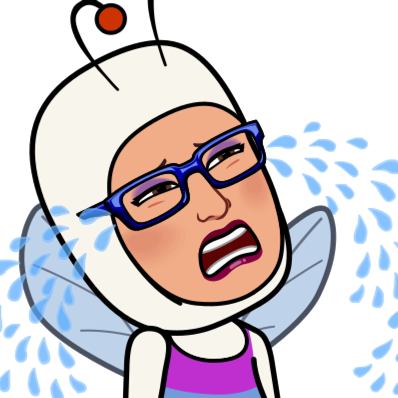
As a teacher for over 23 years, I can attest to anti-bullying being a hot topic throughout my career. Continuously, at all the schools I have taught, most staff have been exceptionally conscientious at trying to provide positive social skill training, identifying bully behaviour with follow-up behaviour modification support and creating school cultures that promote equity, diversity and inclusiveness. I have found that the majority of children are working very hard at identifying bullying and trying to stop it. For the most part, the children who do struggle with behaviour problems, it is because they struggle with impulsiveness or are reflecting bully behaviour that is acceptable at home.
So why are we so afraid of looking at the four fingers pointing back at us, as adults, on the topic of bullying? Maybe because adult bullying is much more covert than in the child or the teenage world. Often with children, bullying takes the form of strong physical or verbal abuse. It can’t be missed as kids are more obvious with their intentions. Adults have learned how to bully in insidious ways, often offering excuses, such as, “ Oh I was just joking,” “You misunderstood me,” or how about the cowardly post on social media. Often intimidation through political networking becomes a very sophisticated way of silencing or isolating a person. Of course, we can’t forget the classic form, gossip. Bottom line, we as adults have developed many ways of masking our bullying and responding when held accountable with, “Who me?.
This TED Talk by Scilla Elworthy is excellent in offering non-violent strategies against bullies. Elworthy provides a compelling argument to all of us to become better at self-knowledge. She suggests that we need to learn how to identify our emotions, calm our fear, use anger as a positive fuel for change, and open our hearts. I believe when we open our hearts, we become willing to seek to understand before being understood as we work through accomplishing our agendas and overcoming challenges. This is a worthwhile video to watch for parents, grandparents and educators.
Anti-bullying support and education begin with us, the adults who ultimately have leverage over our kids. We need to be the compassionate role models we want our kids to be. In addition, we need to speak out and support any human being who is being oppressed. As kid president says, we are all teachers.


Quick Take Away Links
- https://www.bullyingcanada.ca/get-help/
- https://www.pacer.org/bullying/info/stats.asp
- https://www.psychologytoday.com/ca/blog/communication-success/201701/the-5-major-ways-adults-bully-each-other
- https://www.verywellmind.com/how-to-deal-with-adult-bullying-5187158
- https://www.socialmediabutterflyblog.com/2021/09/how-to-deal-with-an-adult-bully/
- https://www.cnn.com/2019/09/20/health/adult-bully-survivor-tips-wellness/index.html
- https://www.addictionguide.com/addiction/bullying/

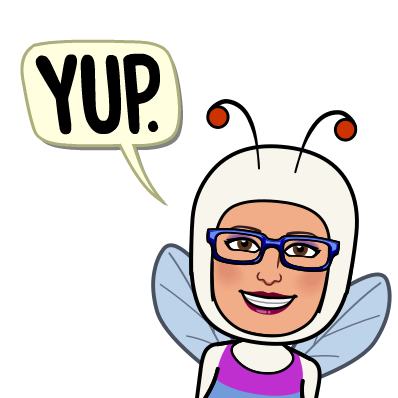



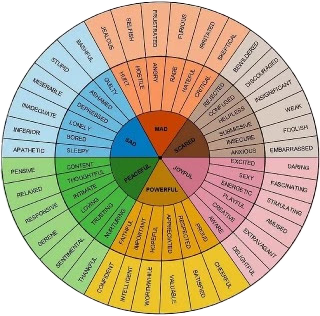
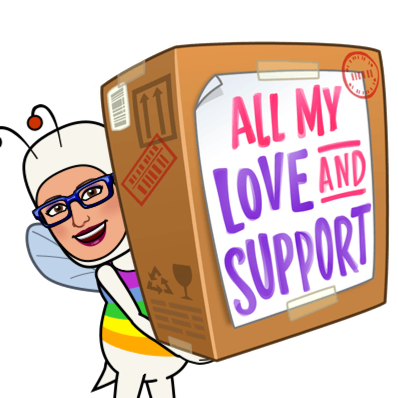
[…] Next Post […]
[…] Feeling Shy, Anxious, or Introverted? Can These Block Happiness and Goal Success? Prev Post […]